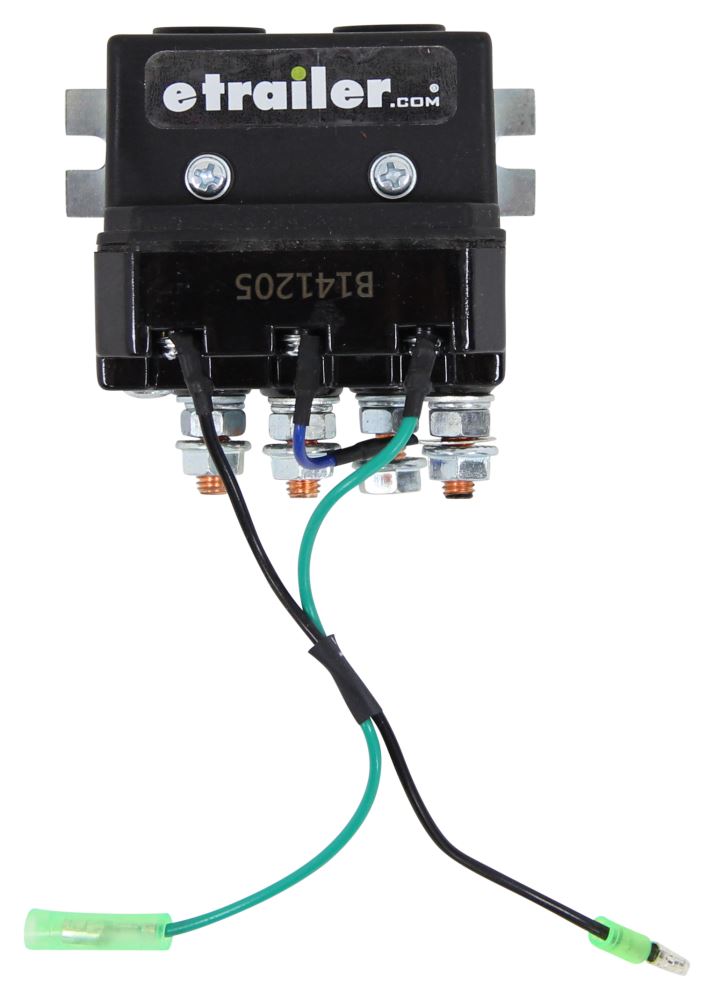Welcome to our guide on Superwinch Solenoid Wiring Diagrams. These diagrams are crucial for understanding the electrical connections in your Superwinch solenoid system, helping you troubleshoot issues and ensure everything is wired correctly.
Why Superwinch Solenoid Wiring Diagrams are essential
Superwinch Solenoid Wiring Diagrams are essential for several reasons:
- They provide a visual representation of the electrical connections in your solenoid system.
- They help you understand the wiring configuration and ensure everything is connected correctly.
- They assist in troubleshooting electrical issues by identifying potential wiring problems.
How to read and interpret Superwinch Solenoid Wiring Diagrams effectively
When reading a Superwinch Solenoid Wiring Diagram, pay attention to the following:
- Identify the components: Understand the symbols and labels used in the diagram to recognize different components.
- Follow the wiring paths: Trace the wires to see how they are connected and where they lead.
- Understand the connections: Note the relationship between different components and how they interact electrically.
Using Superwinch Solenoid Wiring Diagrams for troubleshooting electrical problems
Superwinch Solenoid Wiring Diagrams can help you troubleshoot electrical problems by:
- Identifying faulty connections: Check the diagram to see if all connections are correct and secure.
- Locating potential issues: Use the diagram to pinpoint areas where wiring may be damaged or disconnected.
- Testing circuits: Follow the wiring diagram to test circuits and components for proper functionality.
Importance of safety when working with electrical systems
When working with Superwinch Solenoid Wiring Diagrams and electrical systems, safety is paramount. Follow these tips to ensure a safe working environment:
- Always disconnect power: Before working on any electrical system, make sure to disconnect the power source to prevent electric shock.
- Use proper tools: Use insulated tools and equipment to avoid short circuits and electrical hazards.
- Avoid water exposure: Keep electrical components dry and away from water to prevent damage and safety risks.
Superwinch Solenoid Wiring Diagram
Superwinch Solenoid Wiring Diagram

Superwinch Solenoid Wiring Diagram – Naturalfer

Superwinch Solenoid Wiring Diagram Remote – Complete Wiring Schemas

Superwinch Solenoid Wiring Diagram

Superwinch Wiring Diagram Explanation

Superwinch Wiring Diagram
